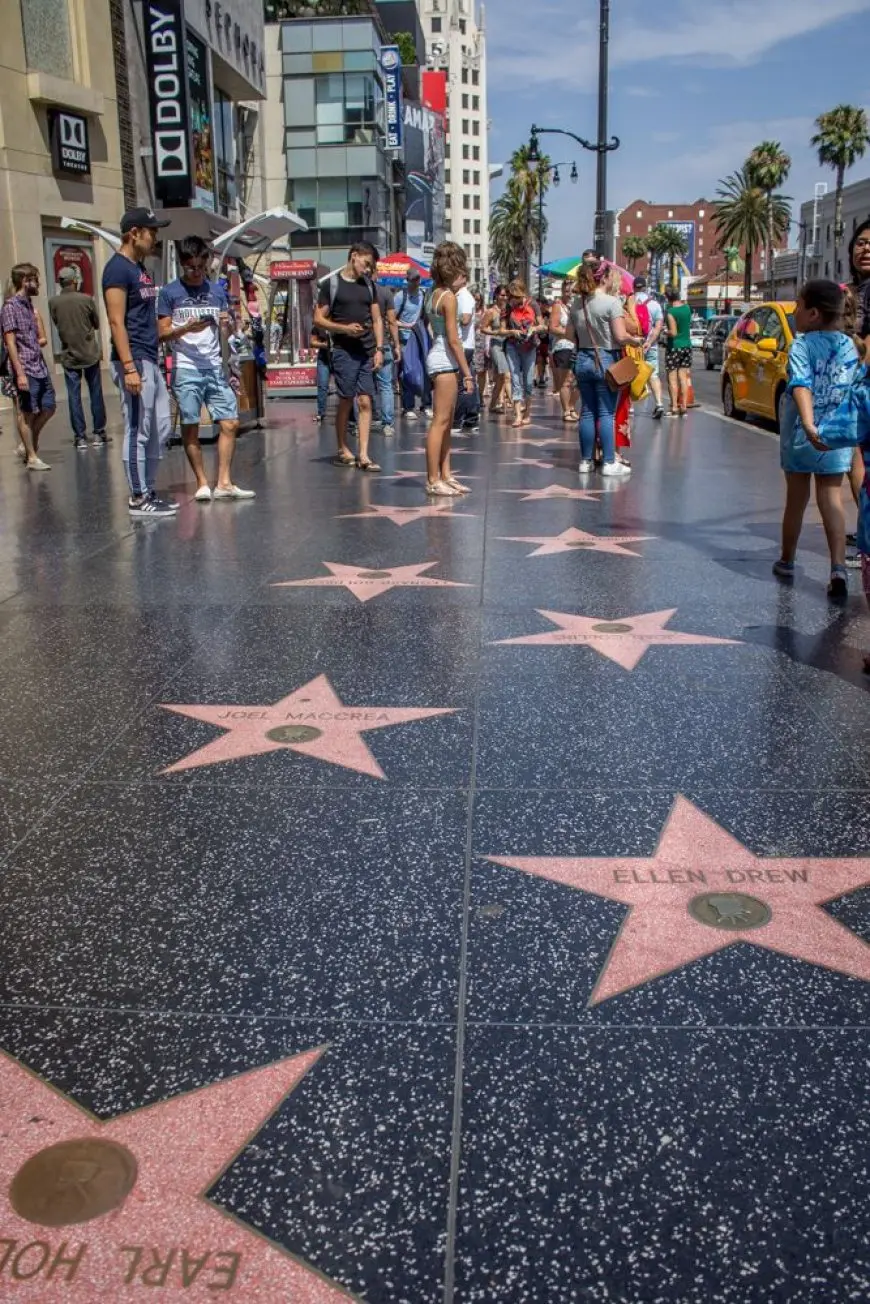The Popularity of Reboots and Remakes in Hollywood
The Popularity of Reboots and Remakes in Hollywood

In recent years, Hollywood has seen a significant rise in the production of reboots and remakes of older films and television shows. These new iterations of classic stories often draw large audiences, relying on nostalgia, familiar characters, and the promise of a fresh take on beloved material. But what is behind this growing trend, and why are these reboots and remakes so popular?
The Power of Nostalgia
One of the main reasons reboots and remakes are so popular is the powerful pull of nostalgia. Many viewers have a deep emotional connection to films, shows, or characters they grew up with, and revisiting these familiar stories offers a sense of comfort. The original Ghostbusters, The Lion King, and Aladdin are just a few examples of films that have been rebooted in recent years. These remakes allow fans to relive the magic of their childhood, while also introducing the material to a new generation of viewers. The blend of nostalgia and new visuals can create a potent combination that resonates with a wide audience.
Building on a Proven Formula
Another key reason for the popularity of reboots and remakes is that they often come with a built-in audience. Instead of taking a risk on an entirely new idea, studios can tap into the established fan base of a successful franchise. This significantly reduces the uncertainty associated with new releases and increases the likelihood of box office success. Films like Jurassic World and The Jungle Book are examples of how Hollywood can leverage the popularity of older properties to create financially successful films that appeal to both original fans and newer generations.
Technological Advancements and Visual Appeal
The advancements in technology, particularly in special effects, are a major driving force behind many reboots and remakes. Filmmakers now have access to tools that allow them to bring previously impossible scenes to life with stunning visual effects. The remake of The Lion King, for example, used groundbreaking CGI technology to create hyper-realistic versions of the animals, which offered a fresh experience compared to the original animated classic. These technological innovations provide an opportunity to enhance beloved stories in ways that were not possible when the original was made.
The Appeal of Star Power
Many reboots and remakes feature star-studded casts that attract large audiences. The addition of well-known actors or directors to a reboot can generate buzz and anticipation for the project. For example, the Ocean's Eleven remake introduced new stars like George Clooney and Brad Pitt to a classic heist story, attracting a wider audience to a film that was based on a 1960s original. The appeal of star power can sometimes be enough to elevate a reboot from simply being a recycled idea to a box office hit.
The Desire for Fresh Takes on Familiar Stories
While some remakes and reboots are faithful to their originals, others take creative liberties, offering a new perspective on well-known stories. This can be a major draw for audiences who are curious to see how a familiar narrative will be adapted for modern sensibilities. For example, Wonder Woman and The Batman are both reboots of existing superhero franchises, yet each brings a new tone, setting, and approach to the material that appeals to both old fans and new viewers. These fresh takes provide a sense of novelty while maintaining the core elements that made the original so appealing.
The Business Aspect: Lower Risk, Higher Rewards
From a financial perspective, reboots and remakes are a safer investment for Hollywood studios. They are built on established intellectual property, which provides a level of guaranteed success. Studios can market reboots and remakes as part of an ongoing series or franchise, creating multiple streams of revenue through merchandise, streaming deals, and sequels. This is why so many familiar franchises, such as Spider-Man and The Fast and the Furious, continue to be rebooted or expanded into multiple films. The franchise model allows studios to capitalize on a successful formula, maximizing profits over time.
Criticism and Concerns
Despite their popularity, reboots and remakes have faced significant criticism. Many viewers and critics argue that the over-reliance on reboots stifles creativity in Hollywood. They point out that a constant stream of familiar stories can overshadow original films that might offer new and innovative ideas. Furthermore, some remakes fail to capture the magic of their predecessors, leading to disappointment from fans who expected a fresh take. The balance between nostalgia and innovation remains a challenge for filmmakers, as audiences demand both respect for the original and a new twist on the classic material.
Reboots and remakes are a dominant force in modern Hollywood, driven by nostalgia, the power of established franchises, technological advancements, and star power. While they provide a reliable path to box office success, they also highlight the ongoing tension between creative risk and financial reward in the entertainment industry. Whether they are an opportunity to revisit familiar stories with new technology or a way to attract a fresh audience to time-honored classics, reboots and remakes continue to shape the landscape of film and television.







